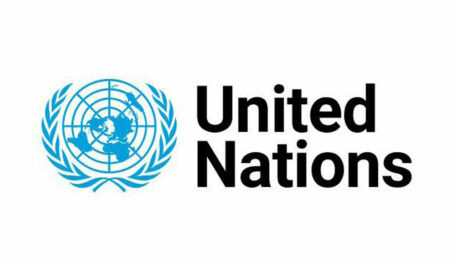
No institution worth its name can remain relevant if it fails to address the emerging realities
Published Date – 30 March 2025, 06:28 PM
As the United Nations turns 80 this year, the need for organisational reforms is more relevant today than ever before as the global body grapples with complex realities of the 21st century. India has been at the forefront, calling for structural changes in the organisation to retain its relevance in addressing current and future global challenges. As the UN Secretary General Antonio Guterres succinctly put it, we can’t create a future fit for our grandchildren with systems built for our grandparents. No institution worth its name can remain relevant if it fails to address the emerging realities. More so, if it is a global institution established for the purpose of ensuring peace and order. If there is any global body that qualifies to be the least representative and anachronistic in the face of rapidly changing geopolitical realities, it is the United Nations. Time is ripe for undertaking drastic reforms to make the UN more representative, inclusive, less bureaucratic, more transparent, decentralised and accountable. India has repeatedly made a strong pitch for reforming the UN Security Council by increasing permanent membership and addressing the under-representation of Asia, Africa, and Latin America. Structural reforms, coupled with a collective, renewed commitment to the UN Charter, would help strengthen the Council, so that it can continue to rise to the emerging challenges. The reforms should focus on highlighting the concerns of the developing world and reflect the realities of the 21st century.
Apart from the challenges on the diplomatic front, the global body now faces new challenges such as climate change, refugees and human rights issues. Contemporary global challenges cannot be addressed by an institution with an outmoded framework. The 15-nation Council, founded in 1945, is not fit for the challenges of the present-day world. A polarised Security Council has also failed to deal with current peace and security challenges, with Council members sharply divided on conflicts such as the Ukraine war and the Israel-Hamas conflict. It is time the UN dispelled the public perception that it is still under the grip of cold war-era paralysis. With international laws being flouted with impunity in the mounting wars and other humanitarian crises across the world, the purpose, relevance and efficacy of the global body has come under the scanner. There have been calls for reforms to improve its efficiency and effectiveness. There is also a strong case for a review of the veto power held by the permanent members of the Security Council. There is also a need for greater transparency in the UN’s decision-making processes, including allowing more public access to meetings and documents. Being the largest democracy with growing influence across the regions and one of the fastest growing economies, India has a strong case to be a permanent member of the UNSC. It last sat at the UN high table as a non-permanent member in 2021-22.